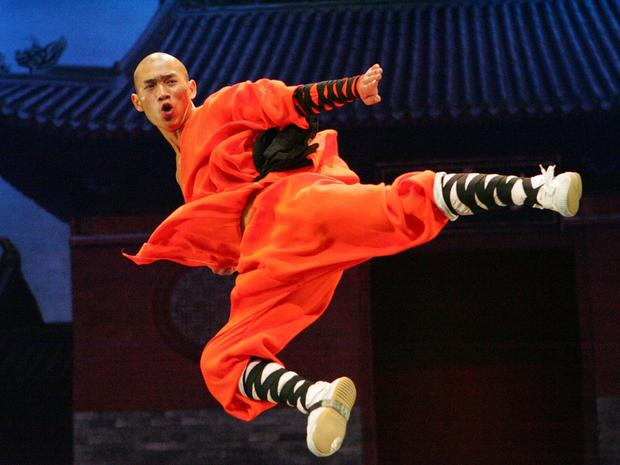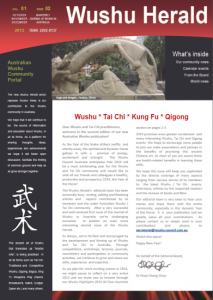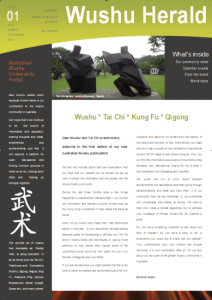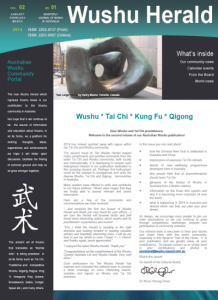Kung Fu or Wushu? The Discourse Dilemma and Its Resolution of Overseas Linguistic Symbols of Chinese Martial Arts
…
(January 2022)
Qinsong Han, Marc Theeboom, Dong Zhu
Abstract
The official term “Wushu” that represents “Chinese martial arts” is faced with the dilemma of not being recognized or known. Based on a one-year overseas field inquiry and in-depth interviews with IWUF senior officers and foreign stakeholders and the use of discourse representation theory it found that Kung Fu is more representative in terms of “imagination, tradition and utility” compared with Wushu’s image of “athletics, dancing and official” under the expectation of western audiences for Chinese martial arts of “the integration of culture and art of attack and defence”. By examining the discourse practice of both symbols, the authoritativeness of Kung Fu lies in the habitus transfer in terms of its satisfying the pre-understanding of “Chinese martial arts” in Western culture. However, the unclear positioning of “Wushu” in overseas discourse practice, resulted in its departure from the original meaning of “Chinese martial arts” as well as the self-contradiction within the official discourse construction. The possible directions to resolve the discourse dilemma are proposed: clarifying the connotation of Wushu and making it represent Chinese martial arts; strengthening Wushu’s dominance of utterance and building a symbol system; uniting multiple discourse subjects to expand the communication field; enhancing the operation of the media to increase the frequency of exposure of Wushu.
Full text available in Chinese only
About the Authors:

Qingsong Han is a joint doctoral student who studies at the research unit Sport & Society at the Vrije Universiteit Brussel and the Chinese Wushu College at the Shanghai University of Sport. He obtained his Master degree in Ethnic Traditional Sports at Henan University in China. In his doctoral research, he focuses on wushu internationalization policy by analyzing policy discourses and policy theory. Prof. dr. Marc Theeboom is the promotor of his research.

Marc Theeboom holds a number of positions on the university and faculty level. He is member of the Bureau of the Research Council of the university, chair of the research committee of the Faculty of Physical Education and Physiotherapy. He is chair of the research group Sport & Society (SASO).
His research primarily focuses on educational and policy-related aspects of (youth) sport in general and specific target groups in particular (e.g., socially deprived youth, ethnic minorities, elderly). He has a special interest in the analysis and evaluation of ‘sport development’ programmes in which sport is regarded as a social instrument and a means of community development (‘sport-plus’). A number of his research projects related to the analysis of specific aspects of a community sport stimulation programmes in various parts of Flanders. He is promoter of a number of doctoral studies with regard to the social value of sport.
Since the beginning of 2012, Marc is the promotor-coordinator of the Flemish Policy Research Centre for Sport including researchers from the Universities of Brussels, Ghent and Louvain. He has also become involved in collaborative work with a growing number of partners abroad (e.g., UK, the Netherlands, China, United States, UK, Finland, Norway, Australia). Contacts have also resulted in invitations to act as a chair, presenter or co-organiser during international meetings, conferences and working groups on the topic of sport and social integration.
To date, Marc Theeboom has authored and (co)authored more than 20 books (mostly in English or Dutch) and he has also an extensive number of peer reviewed articles, chapters in books or proceedings as well as presentations during international scientific meetings on this topic.

Dong Zhu – Shanghai University of SportShanghai, China











